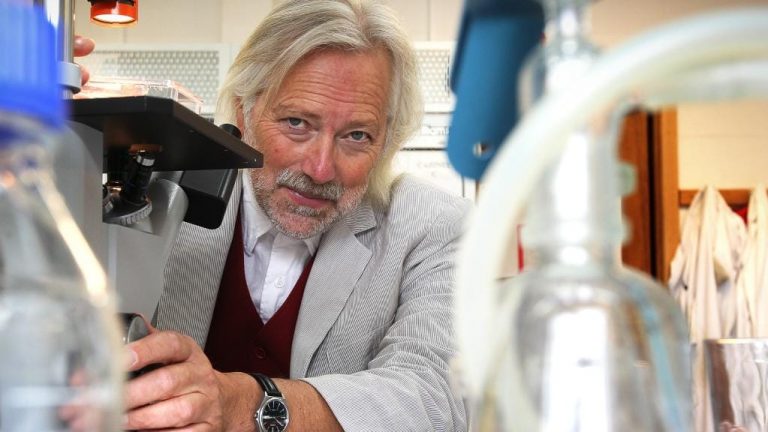
While microalgal blooms are natural phenomena, since the 1980s their impacts on public health, tourism and fisheries have increased in frequency, intensity and geographic distribution. Environmental agencies and aquaculture are increasingly forced to invest in improved technologies for monitoring for an increasing number of harmful algal species in water, and increasing complexity of algal toxins in seafood. Climate change is calling for increased vigilance in seafood safety.
About the Presenter:
Gustaaf Hallegraeff is a Professor at the Institute of Marine and Antarctic Studies, University of Tasmania. He has worked on a wide range of Harmful Algal Bloom issues including shellfish toxins, climate change, ship’s ballast water and fish-killing algae. He is a Fellow of the Australian Academy of Sciences and Engineering, winner of the 2004 Eureka Prize for Environmental Research, and 2014 Lifetime Achievement Award by the International Society for the Study of Harmful Algae.
Admission: $6 General Public, $4 Students, QVMAG Friends and members of Launceston Historical Society.
Free for members of The Royal Society of Tasmania
